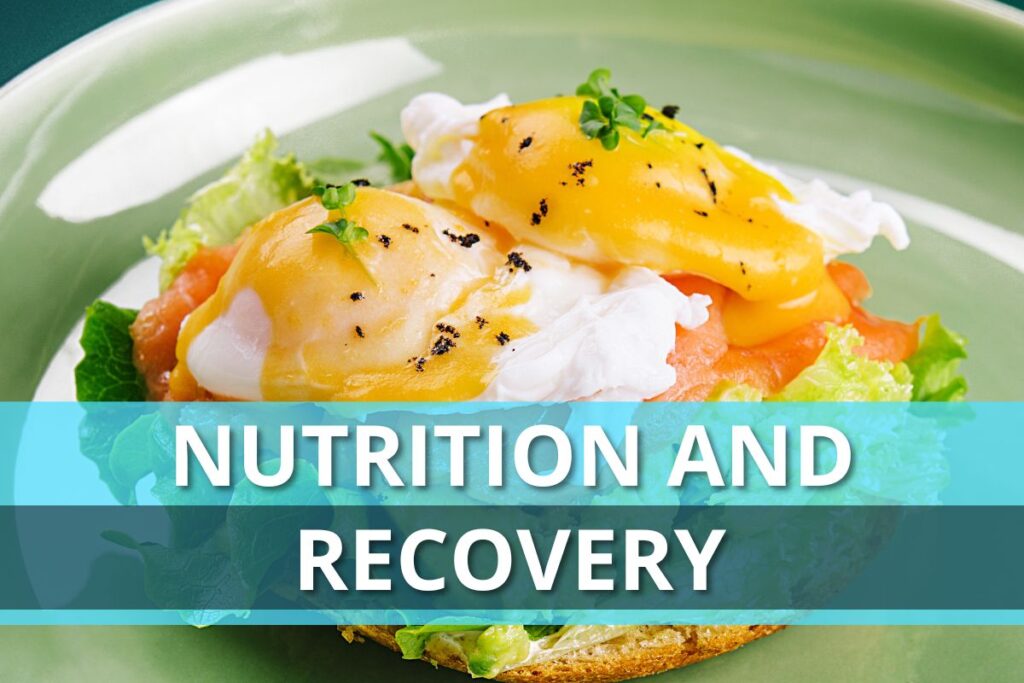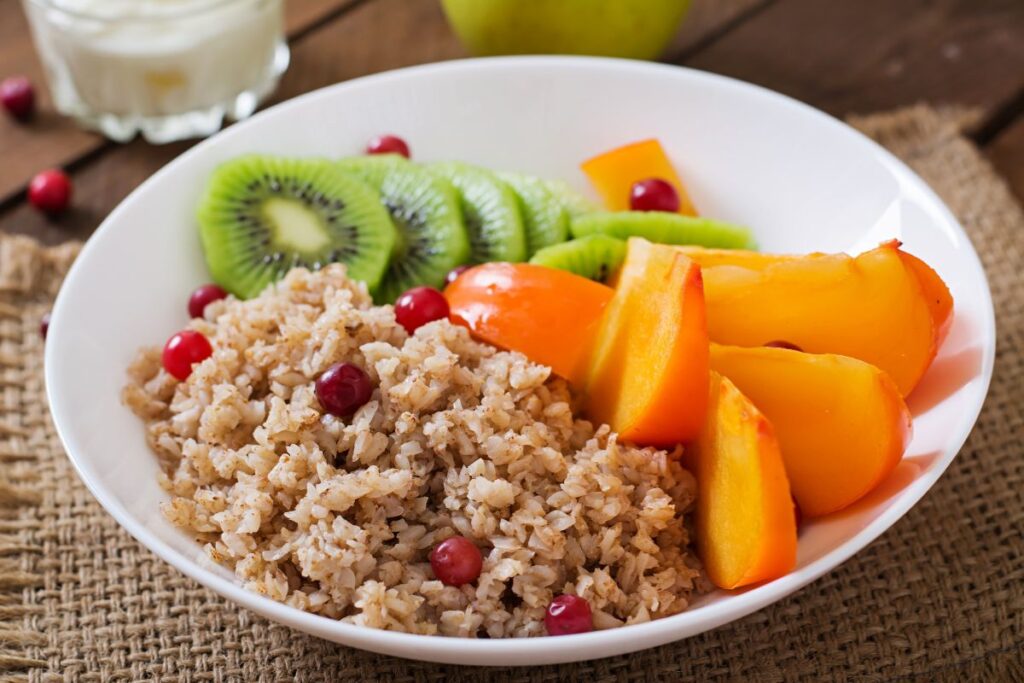Nutrition And Recovery
Author:
Unlock your full potential by engaging with our experts and community! Have questions about your fitness journey or looking for expert advice on weightlifting techniques? Don’t hesitate — leave a comment below and Sergii Putsov will provide a personalized answer and insights to help you reach your goals.
Torokhtiy is reader-supported. Some links are affiliate links, and we may earn a commission at no extra cost to you. See our disclosure page for details.

The intensity of a weightlifter’s loads significantly affects metabolism. The heavier the training process – the harder the body works – the more protein (nitrogenous compounds), water-soluble vitamins, electrolytes (especially potassium and sodium) and hormone-like substances (dopamine, norepinephrine and adrenaline) are used up by the body’s natural processes.
All this has a negative effect on the post-training recovery and the health of the athlete, which leads to a neuro-emotional strain. Naturally, in creating such conditions, a weightlifter’s body will not be able to efficiently and – what is most important – effectively carry out the assigned tasks of the training program. In order to minimize the negative impact of such a heavy training impact on the body and to “lift the barbell” well, an athlete first and foremost should pay attention to nutrition, and compare the severity of physical activity with his/her daily diet.
The main recommendations that should be followed when building adequate nutrition are:
- The optimal caloric intake of the ration (in fact, an athlete must receive as many “correct calories” a day as necessary to ensure the body’s working capacity and recovery. “The right calories” means food rich in macro- and micronutrients, minerals and vitamins. At the same time it also means minimizing the consumption of products from the category of “fast food,” “garbage food” and ready-to-cook products. Naturally, this type of food is more caloric, but for restoration calories are important, not just for energy, but also nutritional value.
- The balance of the diet can be achieved by additional sources of nutrition (digestible products for sports nutrition – protein, protein-carbohydrate bars, dietary supplements, etc.). This type of food will not burden the athlete’s gastrointestinal tract, will assimilate quickly because of the small amount, avoids a sense of heaviness after eating, and can serve as an additional source of vitamins and minerals. It is worth noting that this type of food is considered in the context of additional sources to the main diet, and should not be used as the foundation of the food basket of a weightlifter.

- Do not forget about adequate water load (systematic use of clean water is not less than 30-50 ml/kg of your own weight, and in the case of heavy training this amount may increase). In case of frequent and heavy workouts additional sources of electrolytes can be used, in the form of aqueous solutions – isotonic agents carefully selected by composition.
- In certain cases supplementary intake of water-soluble vitamins, namely ascorbic acid (vitamin C), nicotinic acid (PP/B3) and B vitamins, will be necessary.
Remember that any training load in itself creates physical stress on the body, as a result of which the body becomes tired. However with proper nutrition and recovery, training can really extend and improve the results..
You may like it:
Train together – train right
You might be interested in:
Why Trust Us?
With over 20 years in Olympic weightlifting, strength training, nutrition coaching, and general fitness our team does its best to provide the audience with ultimate support and meet the needs and requirements of advanced athletes and professional lifters, as well as people who strive to open new opportunities and develop their physical capabilities with us.
By trusting the recommendations of our certified experts in coaching, nutrition, and sports training programming, as well as scientific consultants, and physiotherapists, we provide you with thorough, well-considered, and scientifically proven content. All the information given in the articles concerning workout programming, separate exercises, and athletic performance, in general, is based on verified data.
The product testing process is described in more detail here.
Author: Sergii Putsov
Head of Sport Science, PhD
Best Results: Snatch – 165 kg,
C&J – 200 kg
Sergii Putsov, Ph.D., is a former professional weightlifter and National team member, achieving multiple medals in the 94 kg weight category at national competitions. With a Master’s degree in “Olympic & Professional Sport Training” and a Sport Science Ph.D. from the International Olympic Academy, Greece, Sergii now leads as the Head of Sport Science. He specializes in designing training programs, writing insightful blog articles, providing live commentary at international weightlifting events, and conducting educational seminars worldwide alongside Olympic weightlifting expert Oleksiy Torokhtiy.




Still have questions after reading our article? Unlock your full potential by engaging with our experts and community! Don’t hesitate — leave a comment below and Sergii Putsov will provide a personalized answer and insights to help you reach your goals.